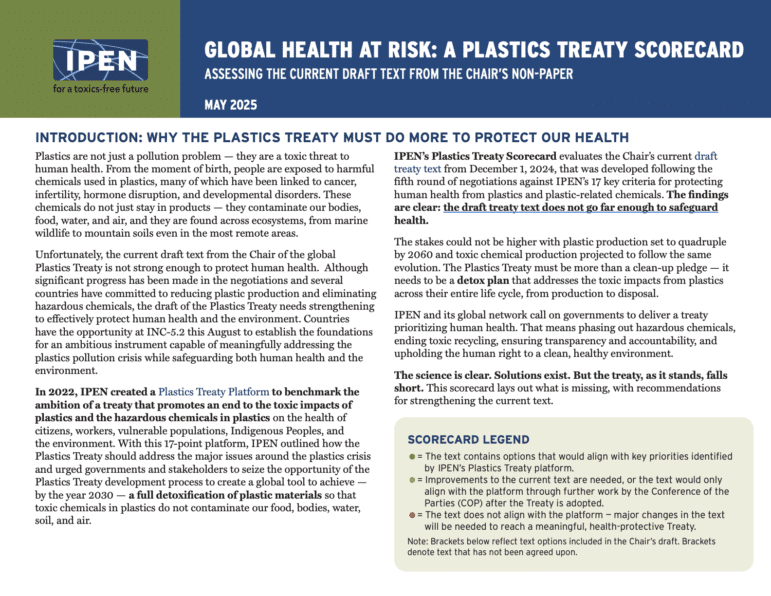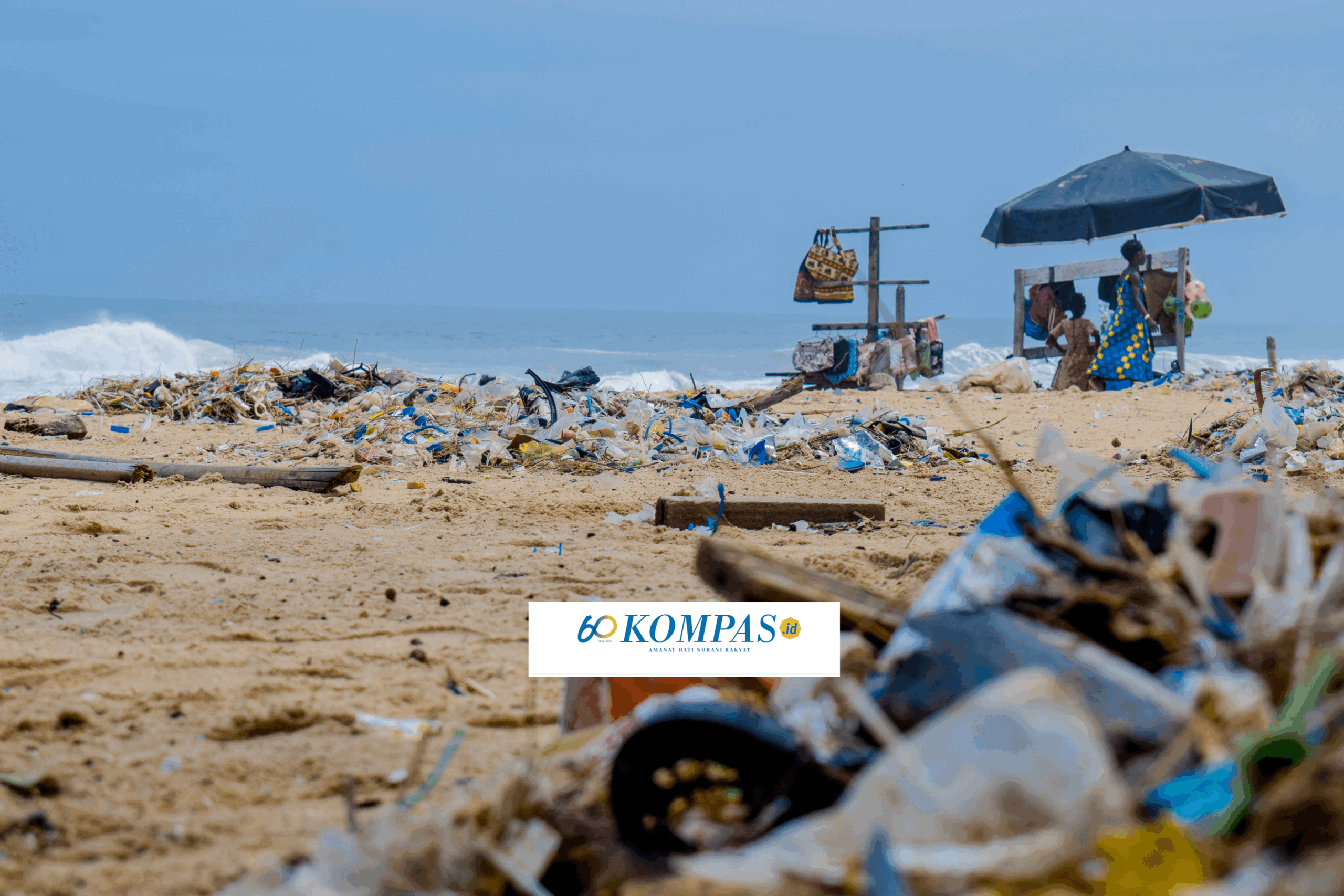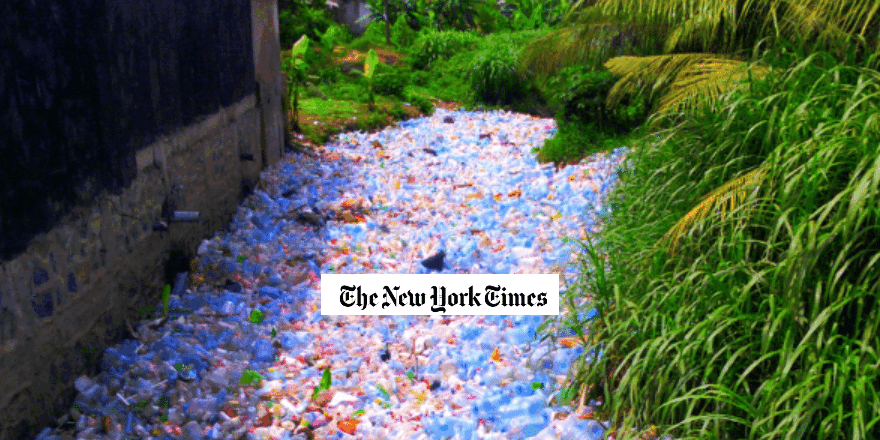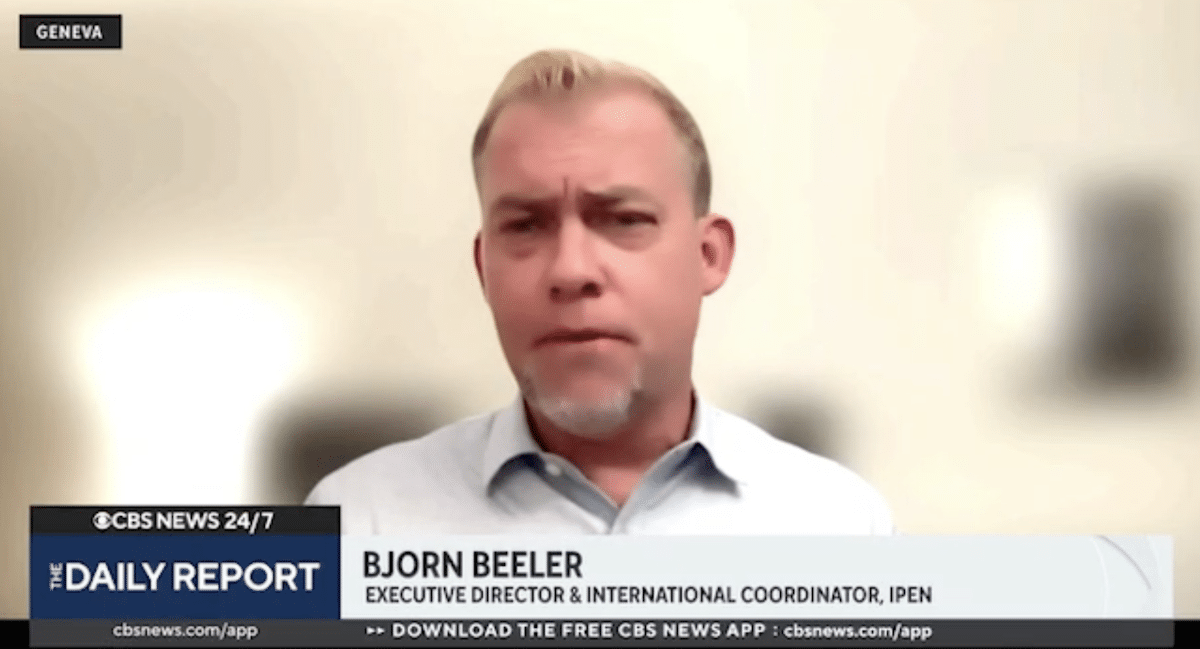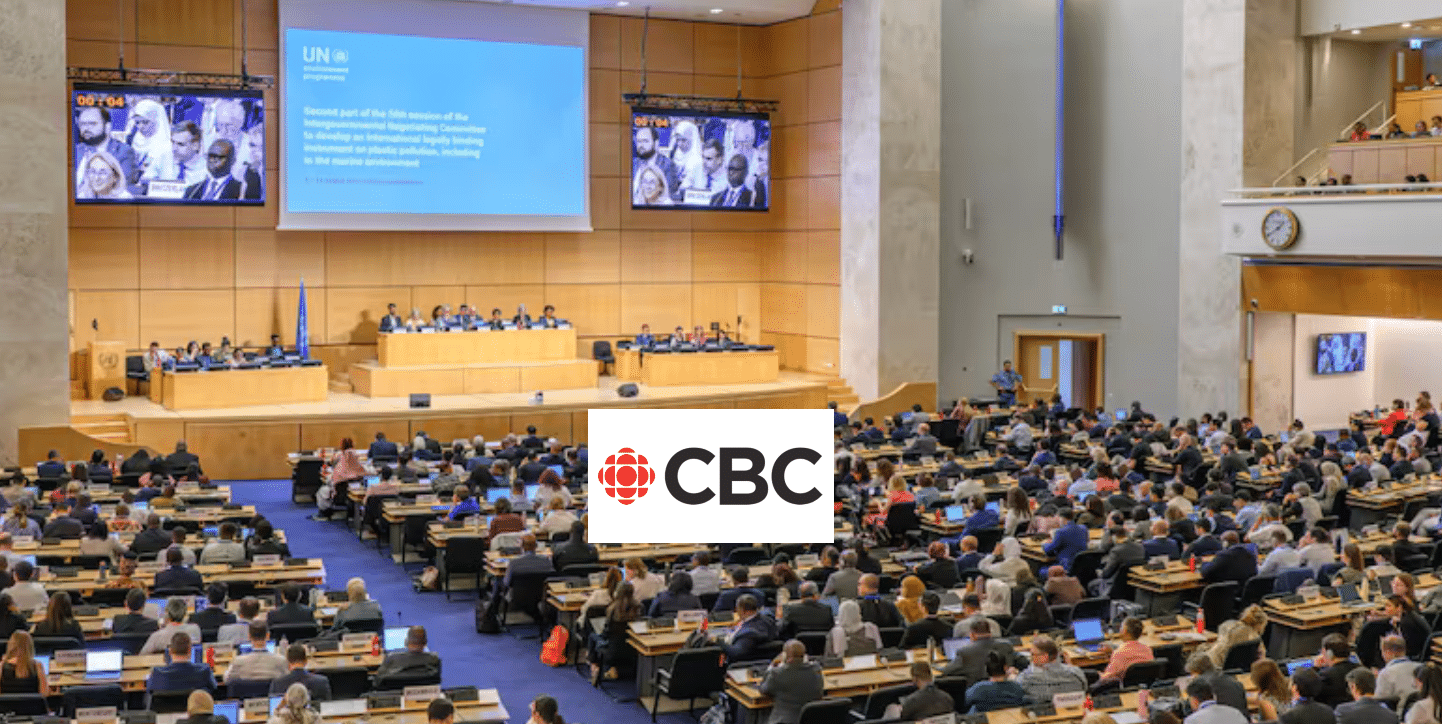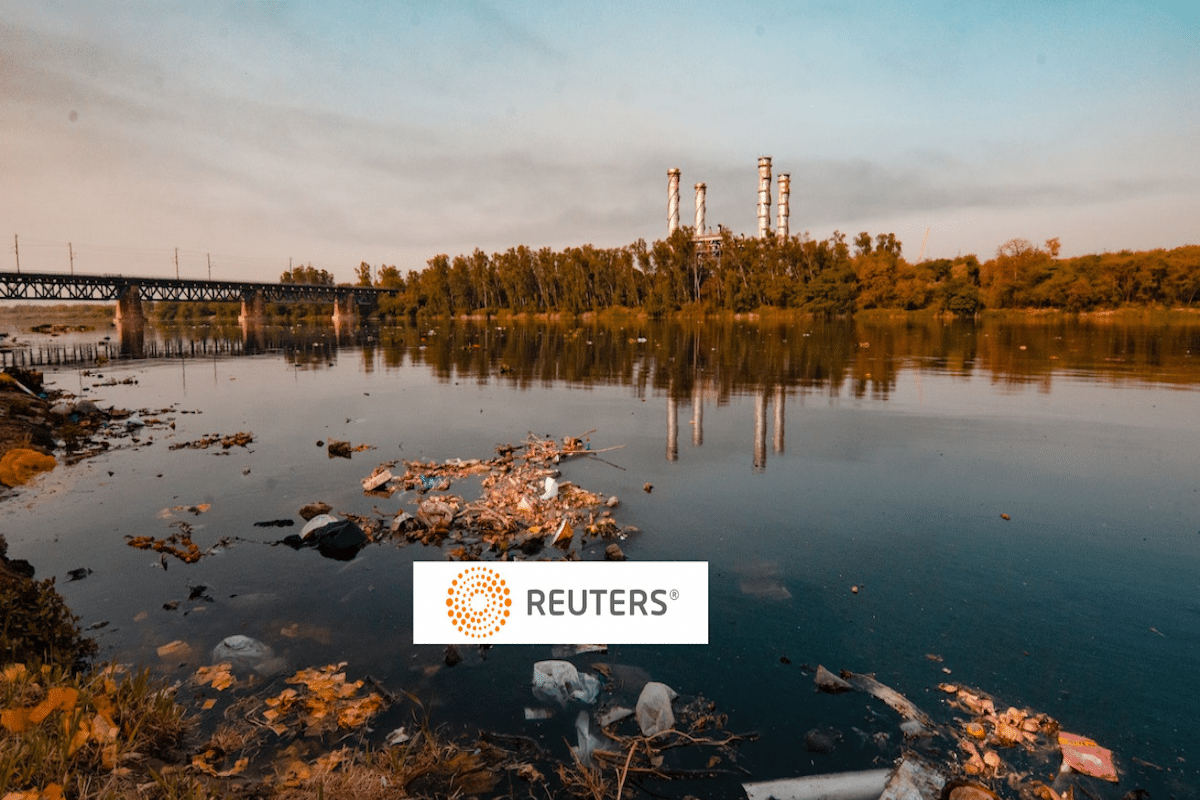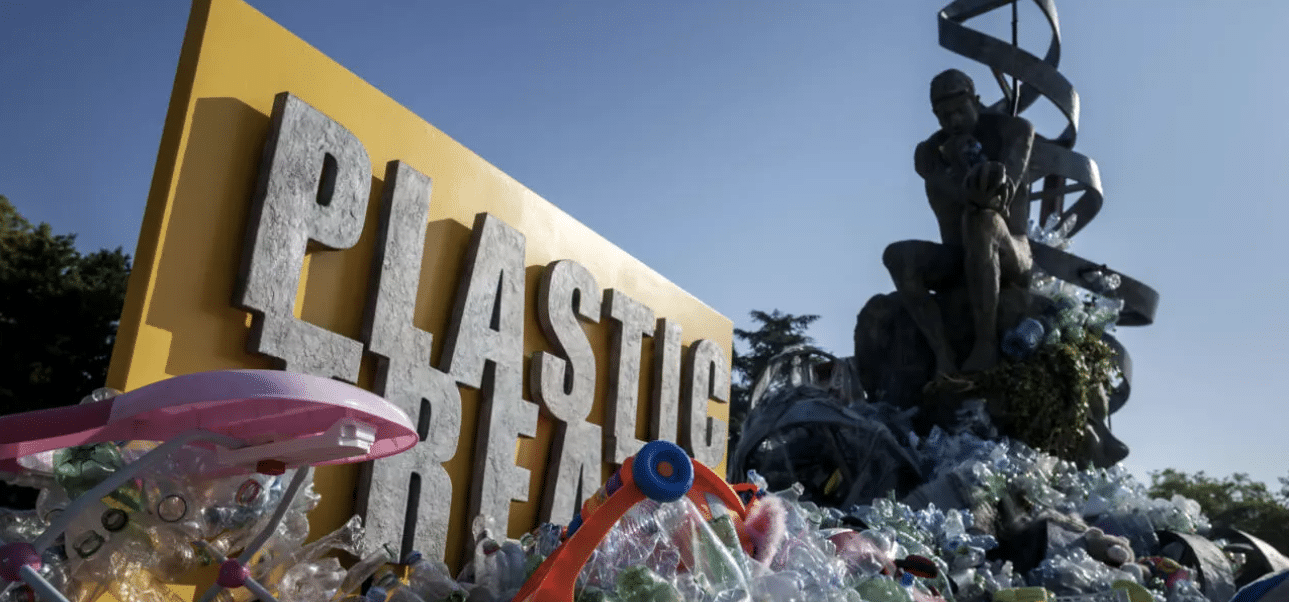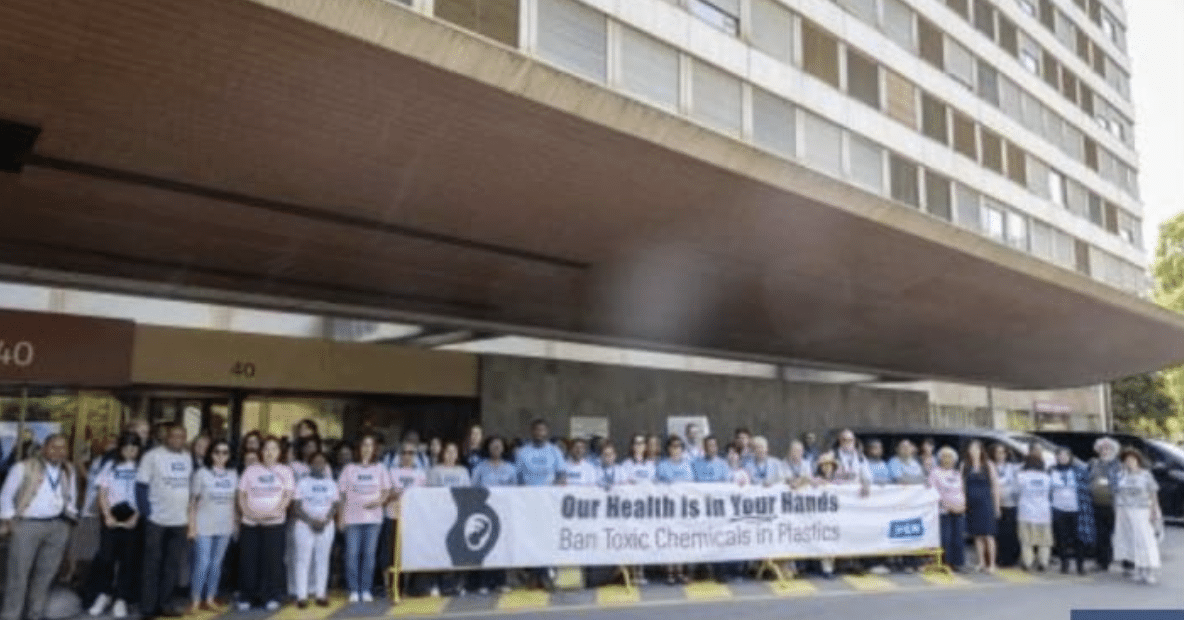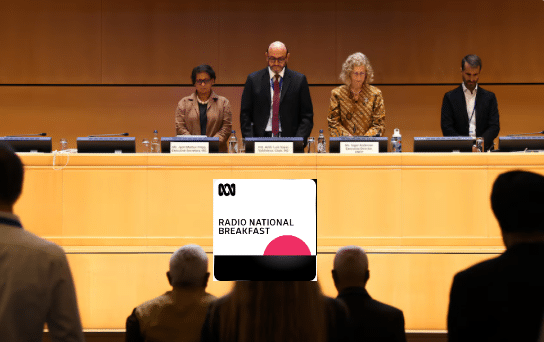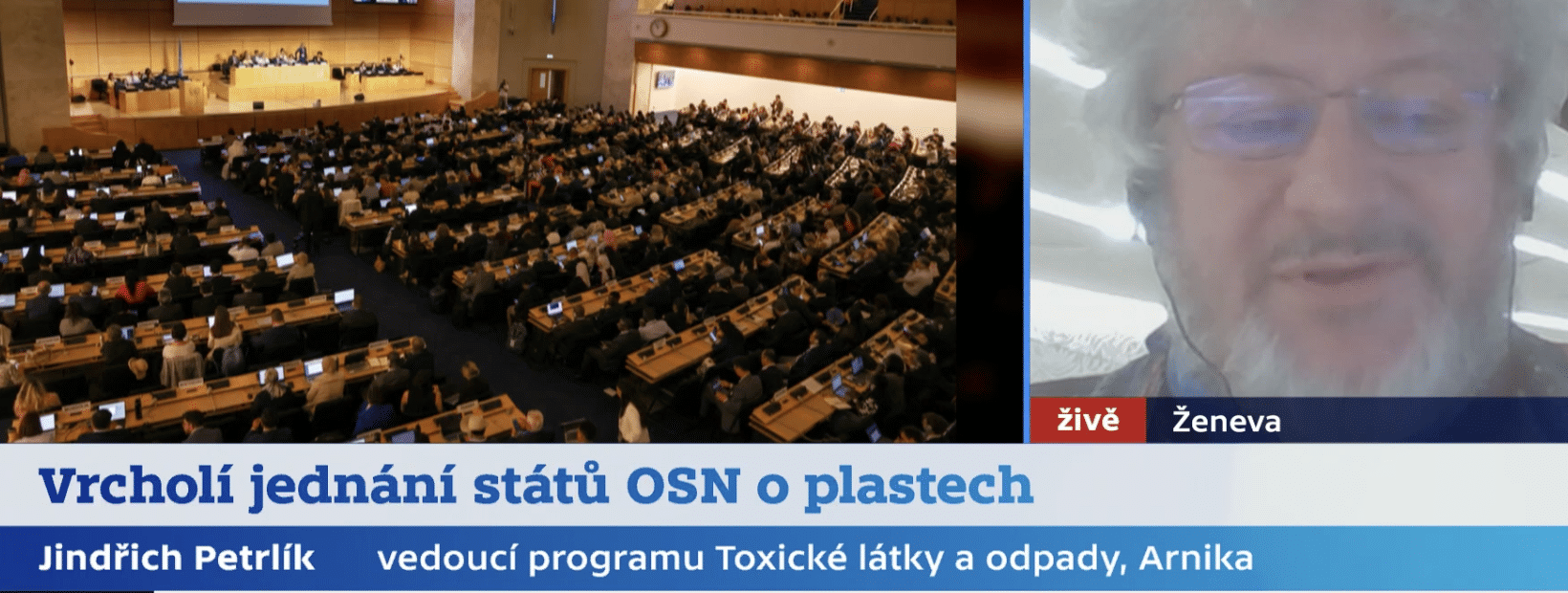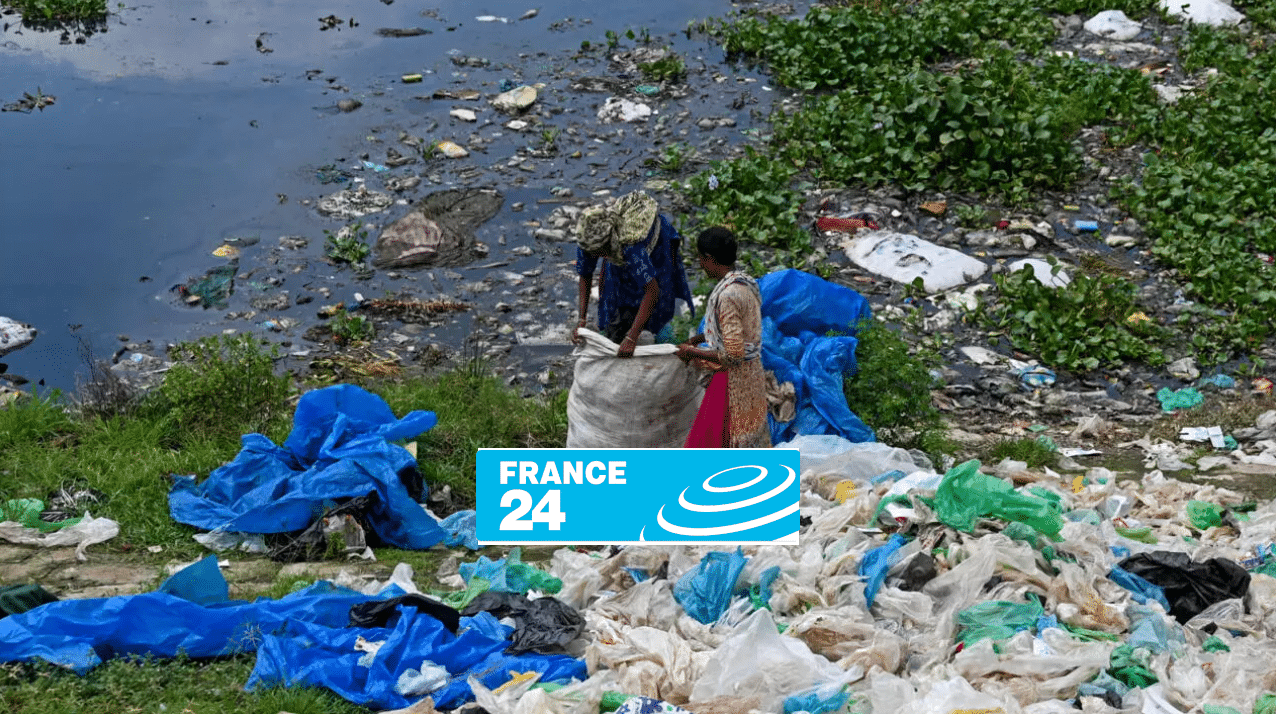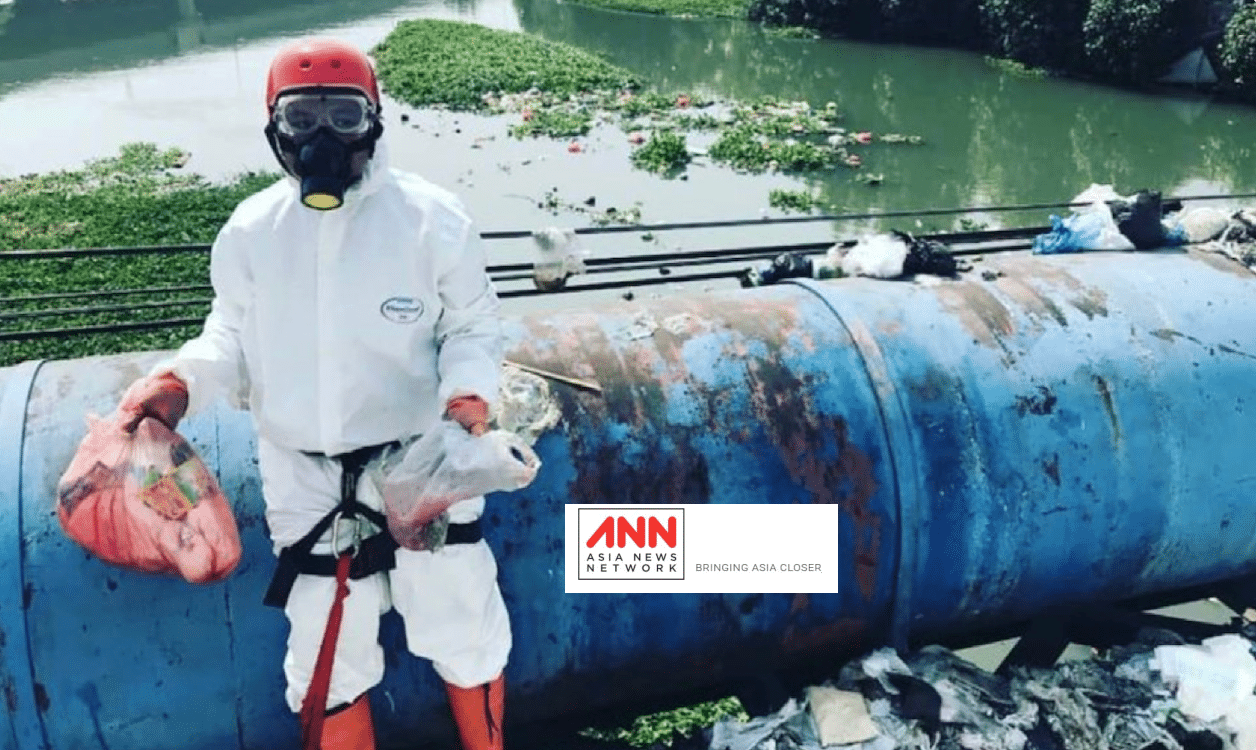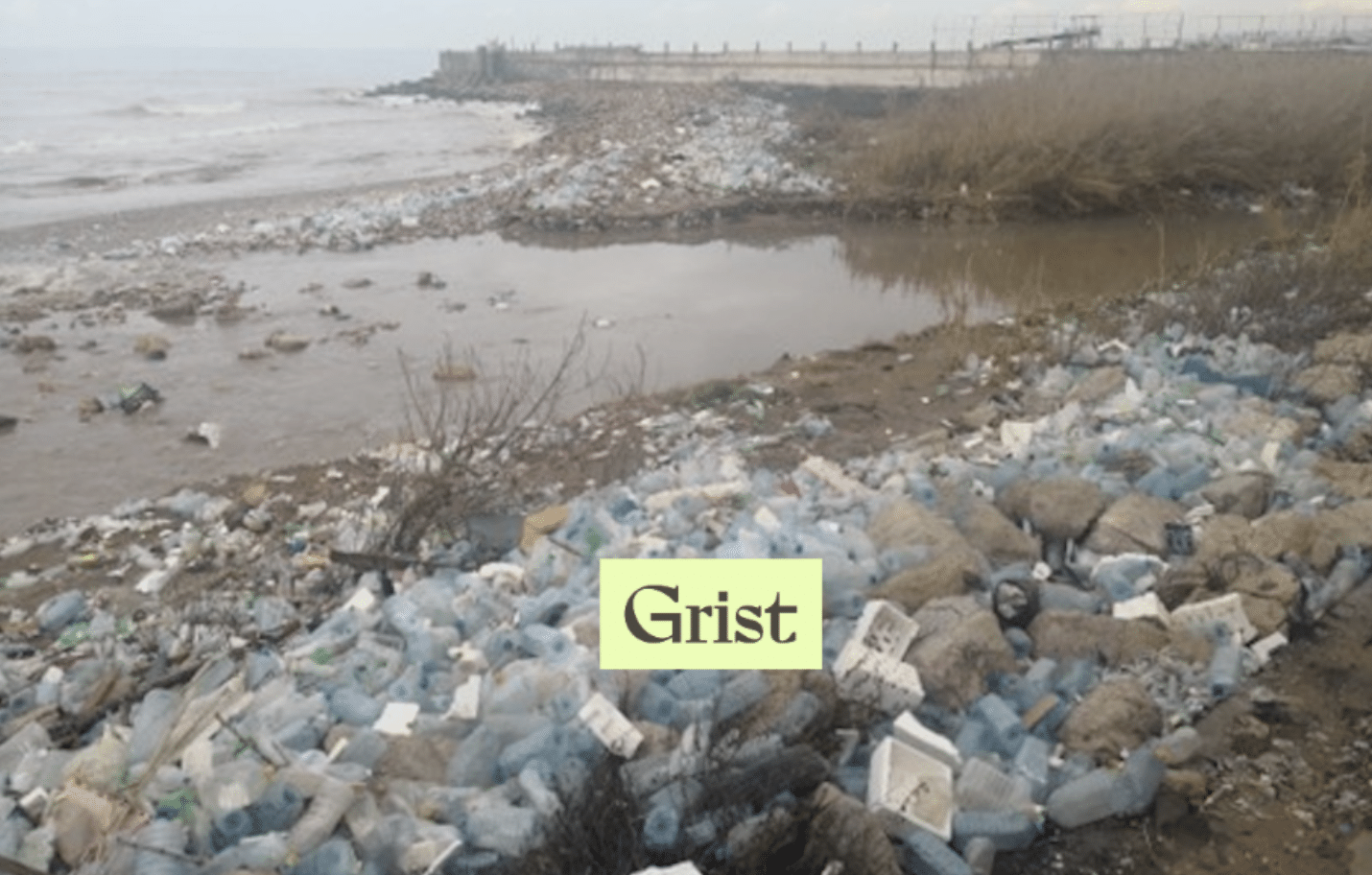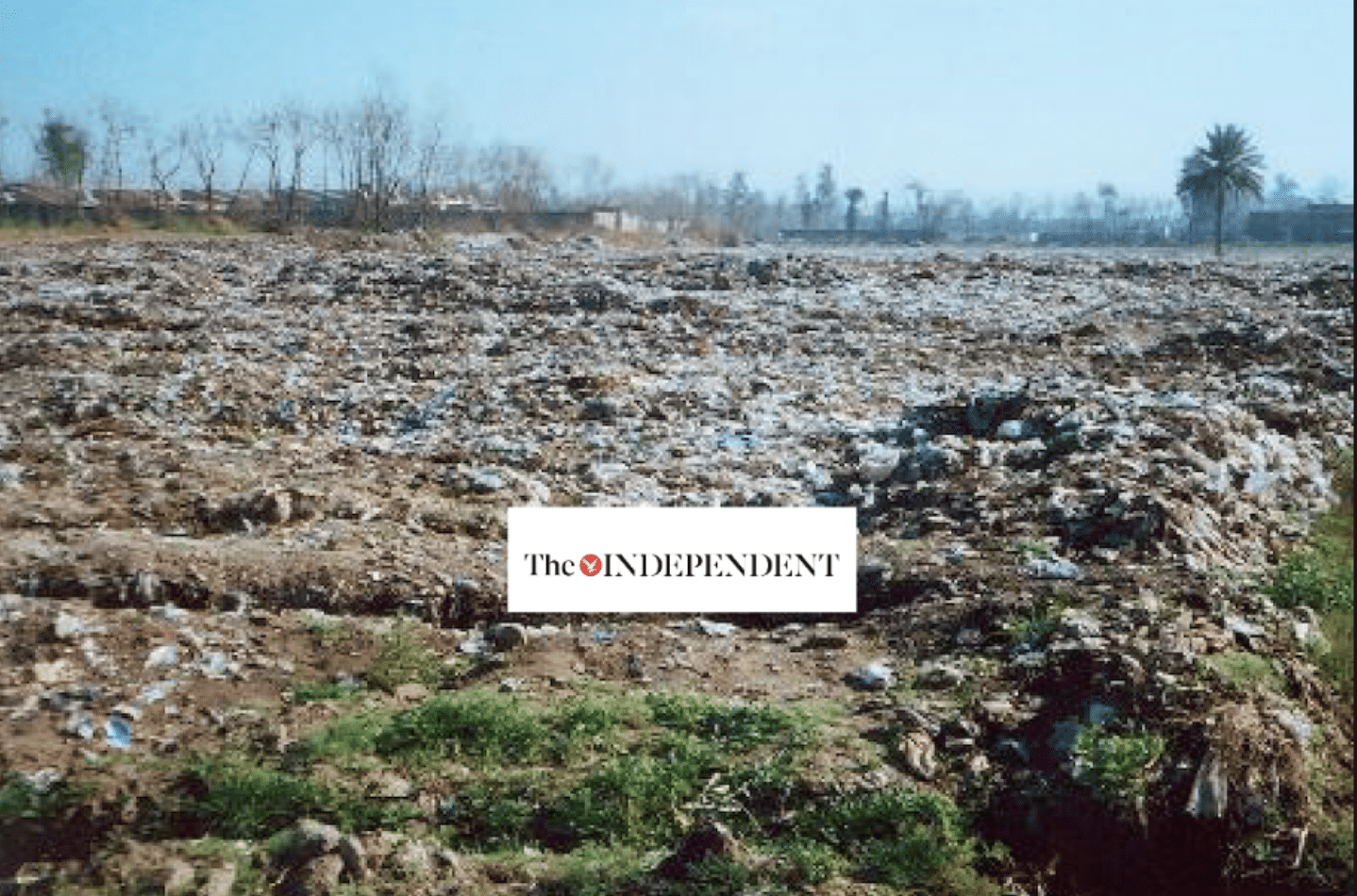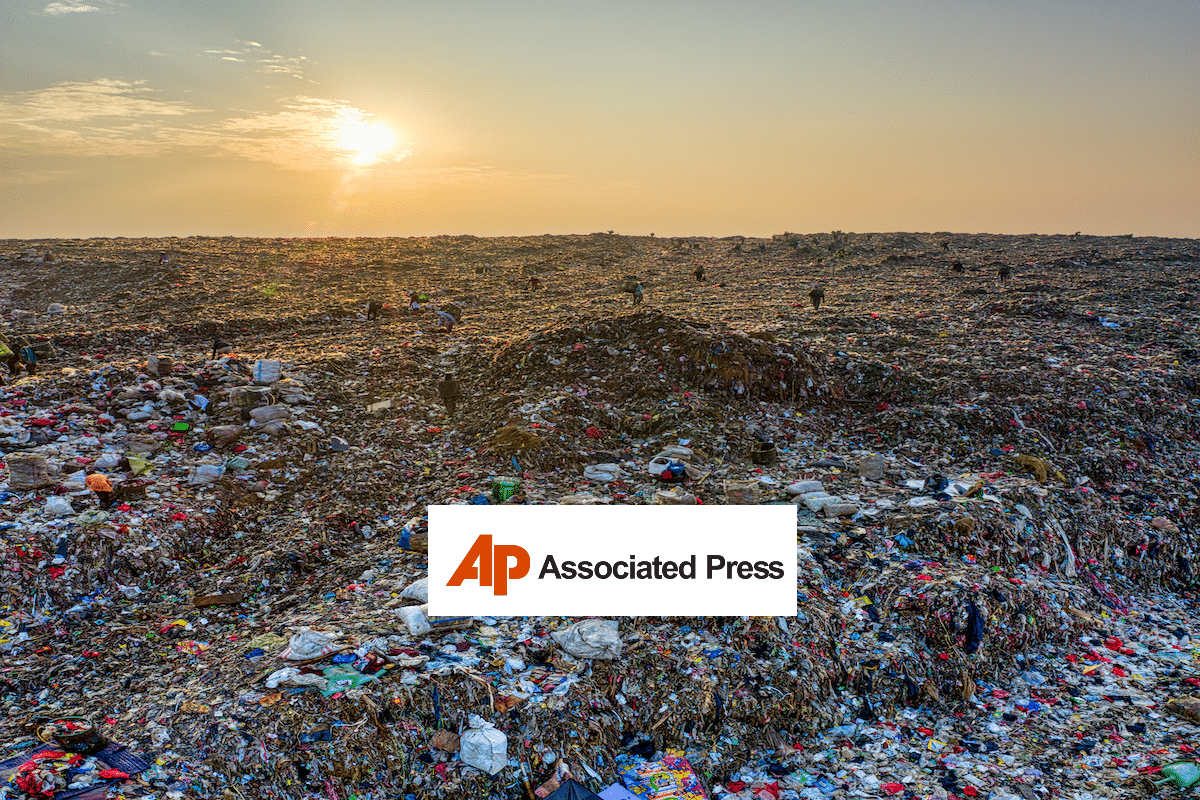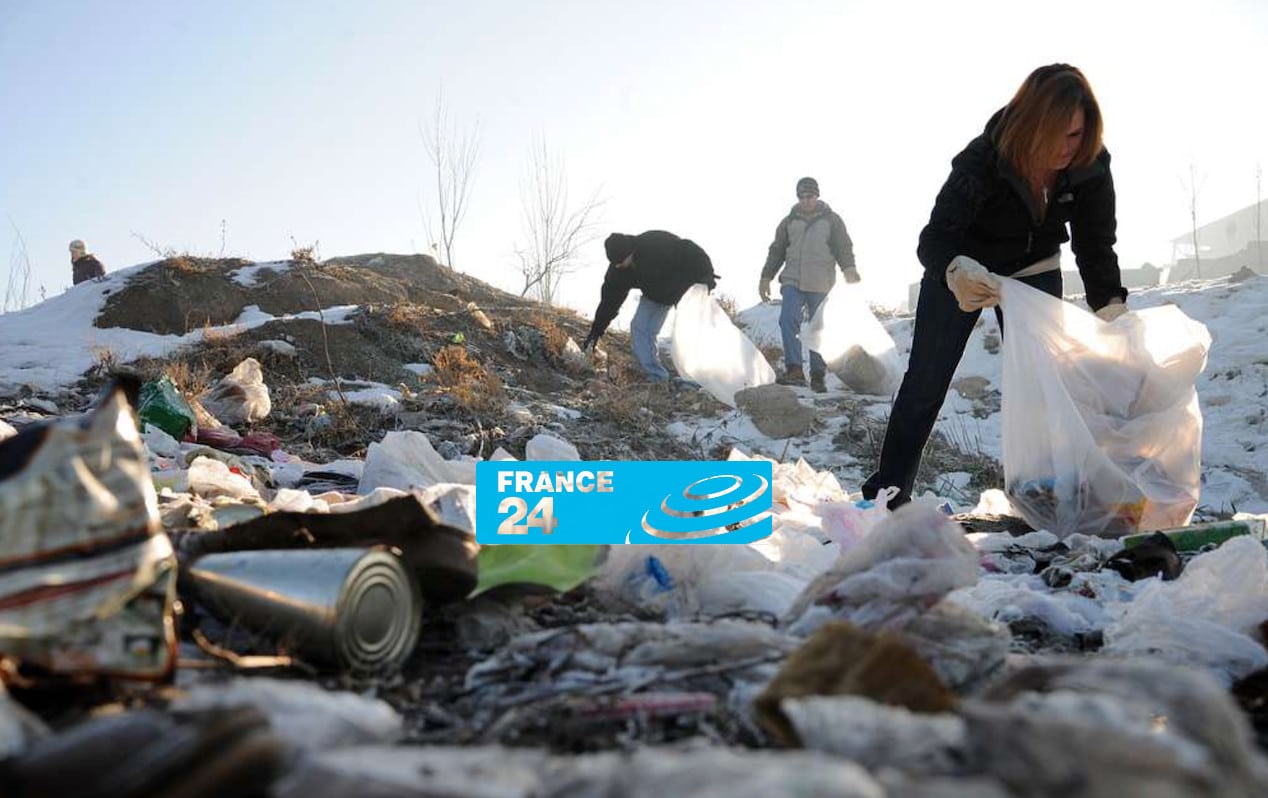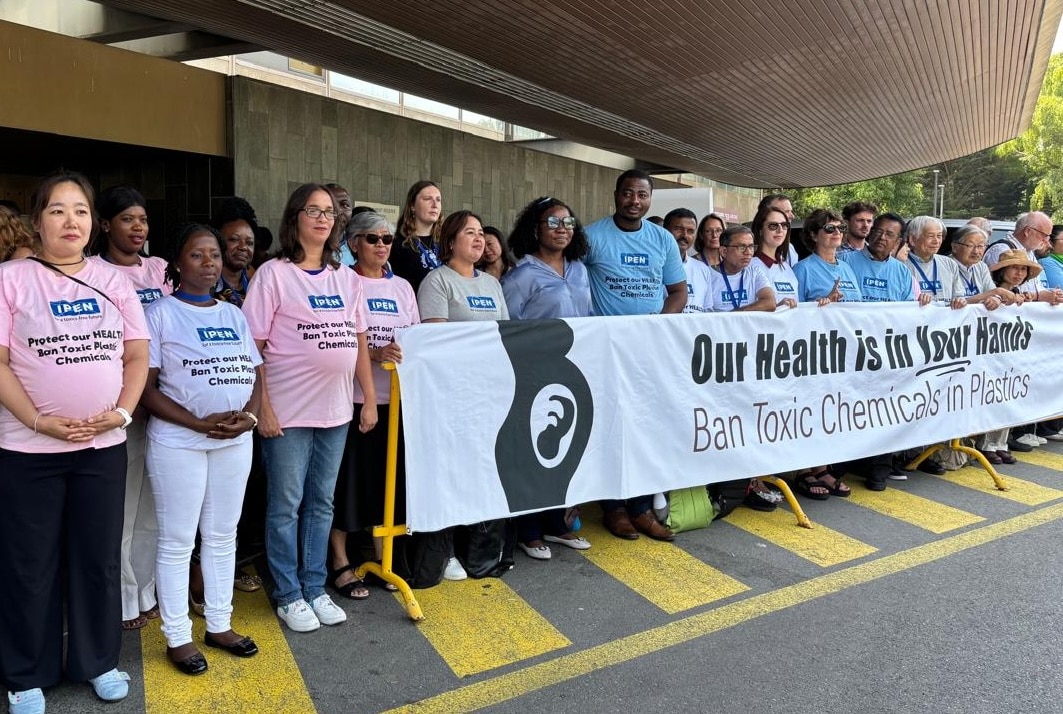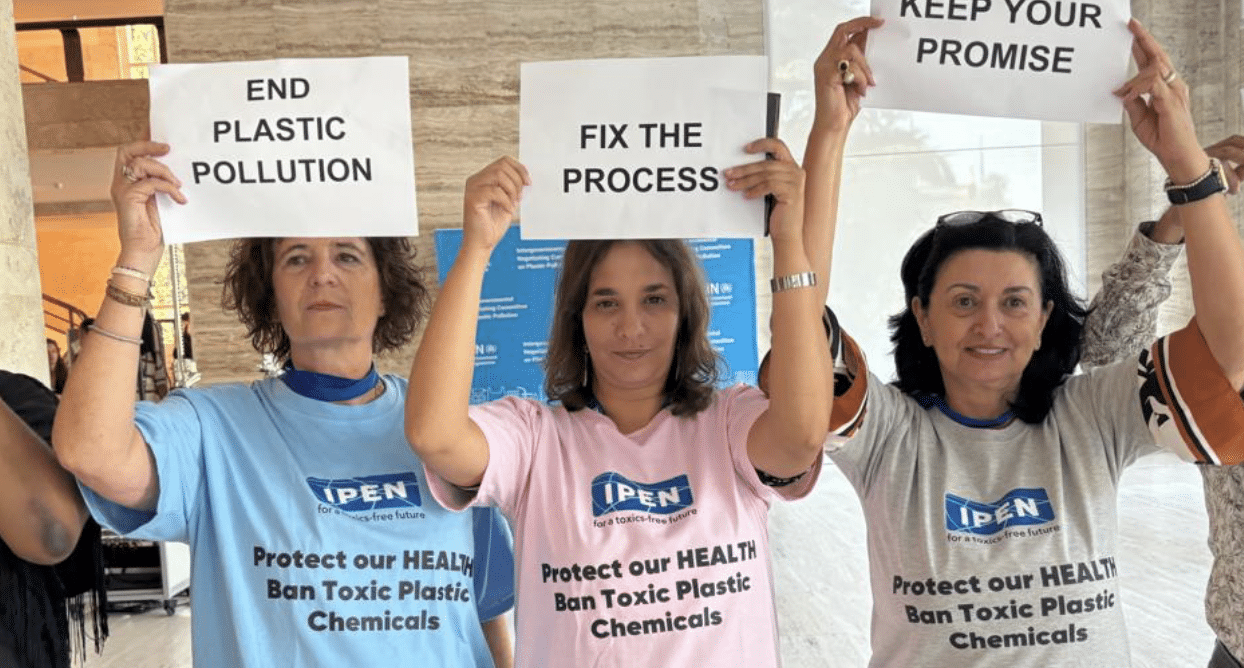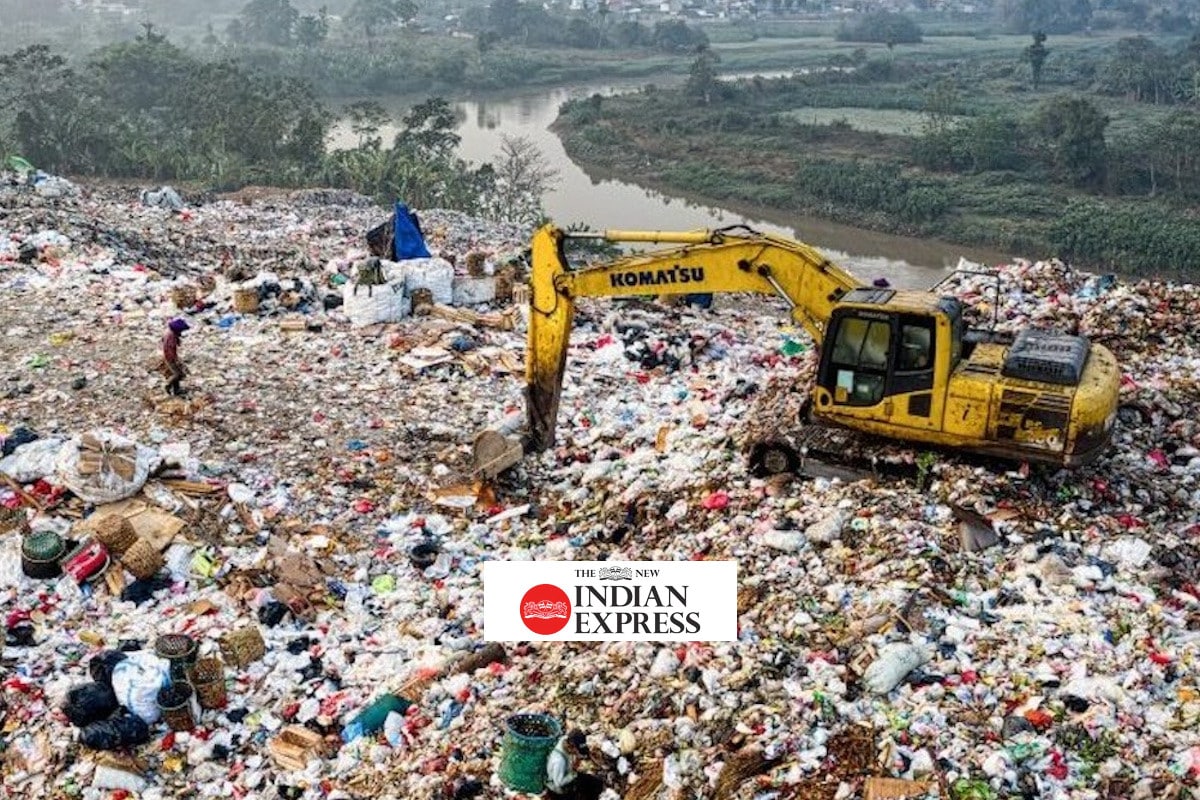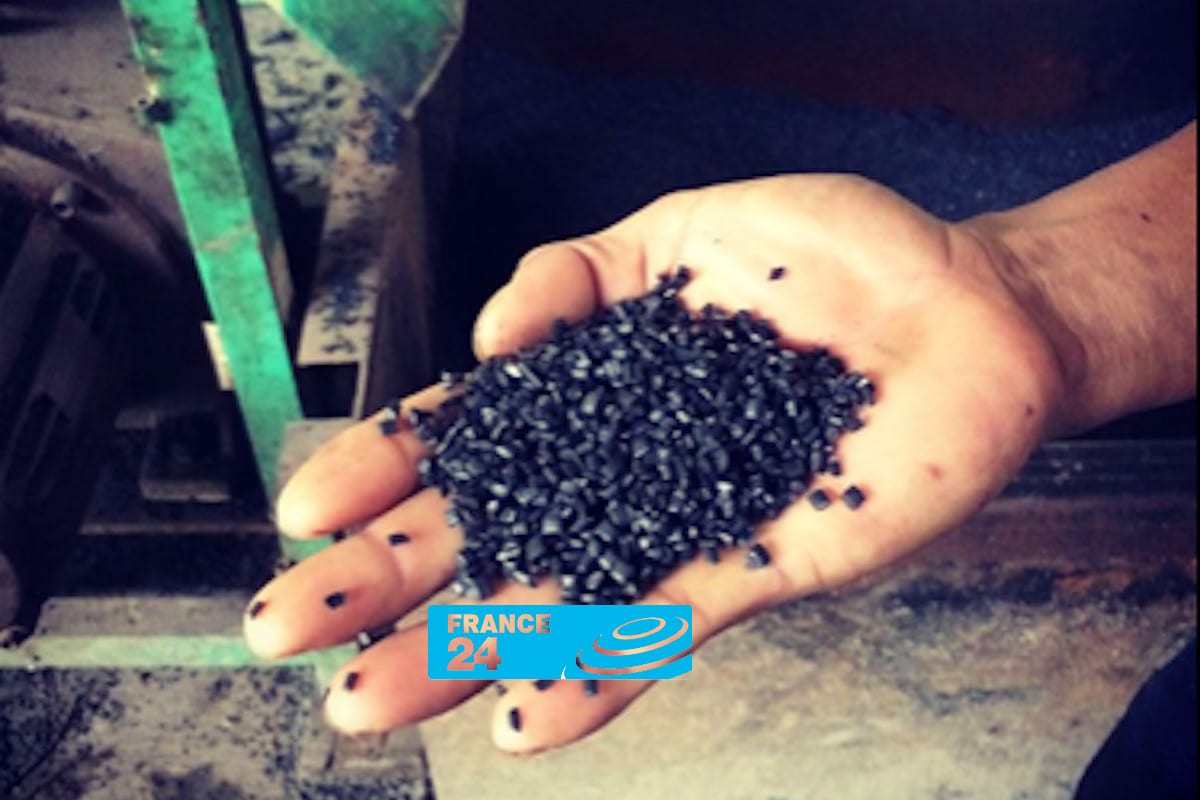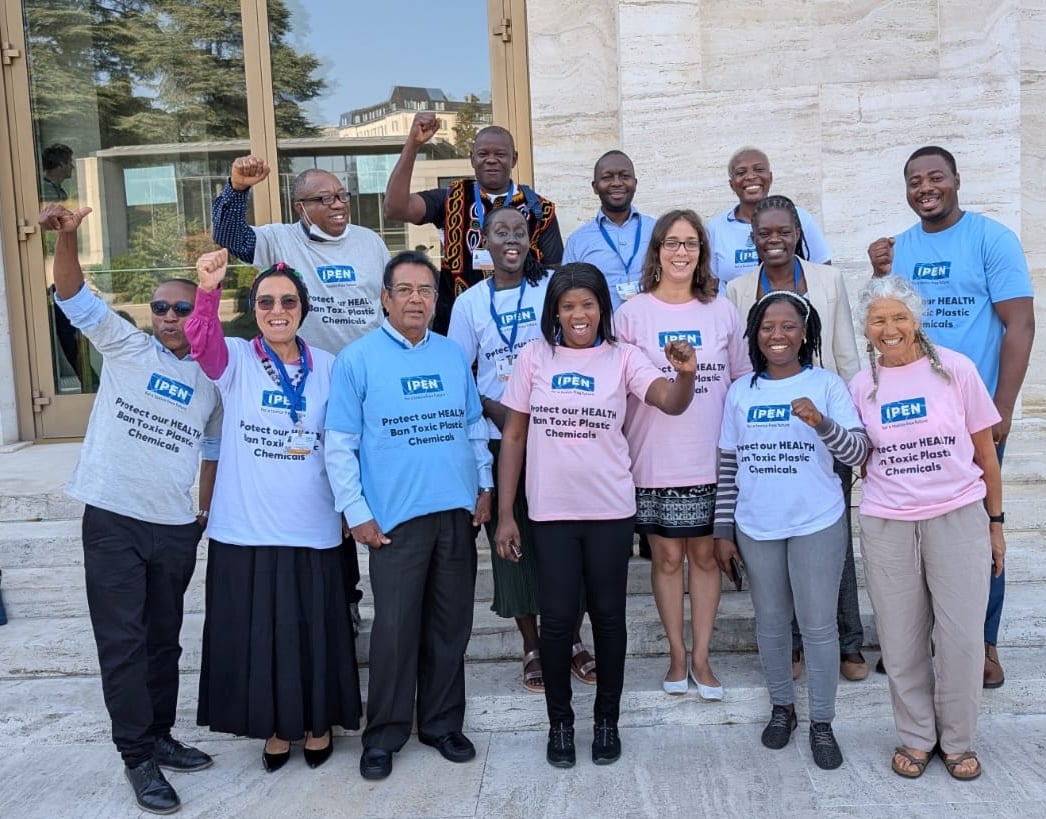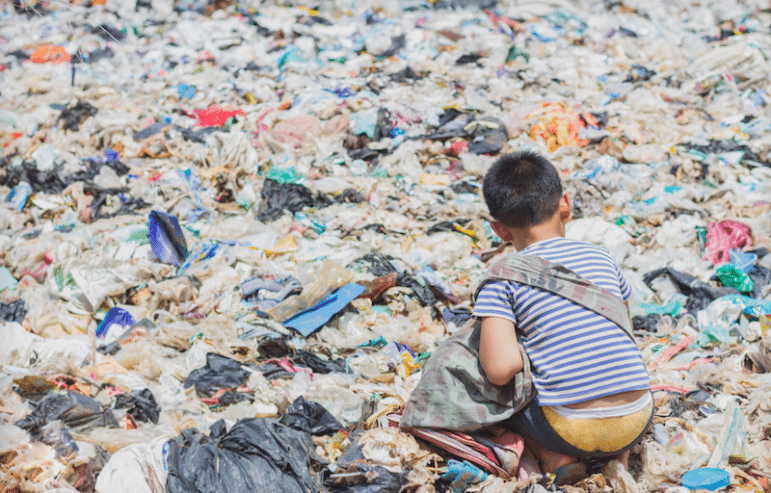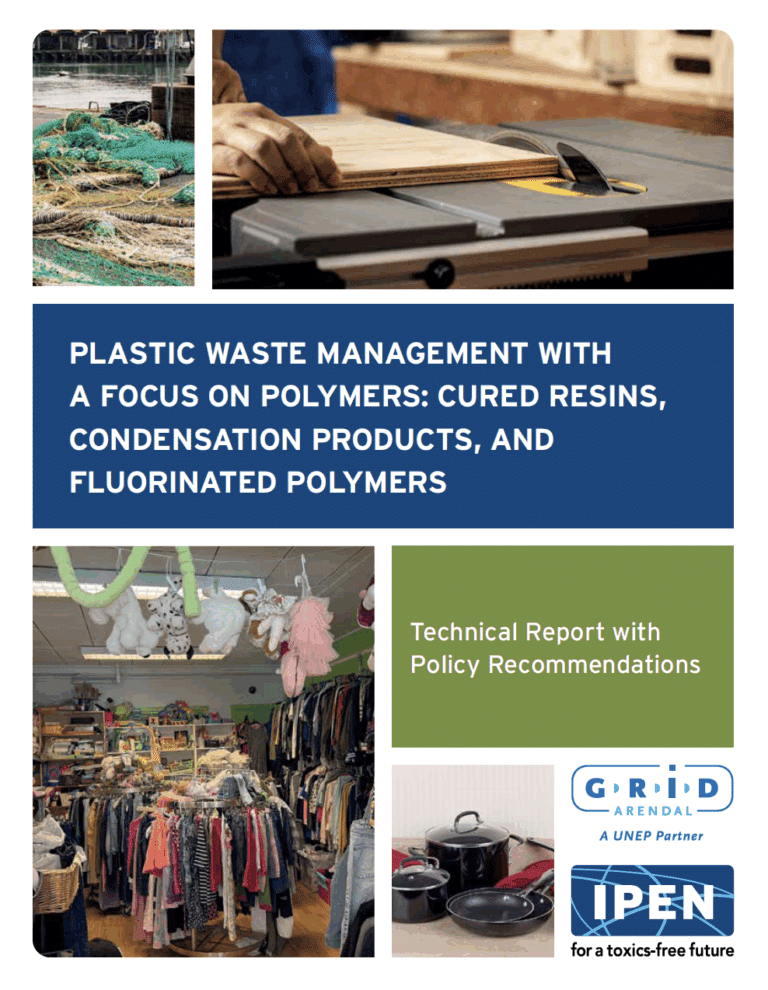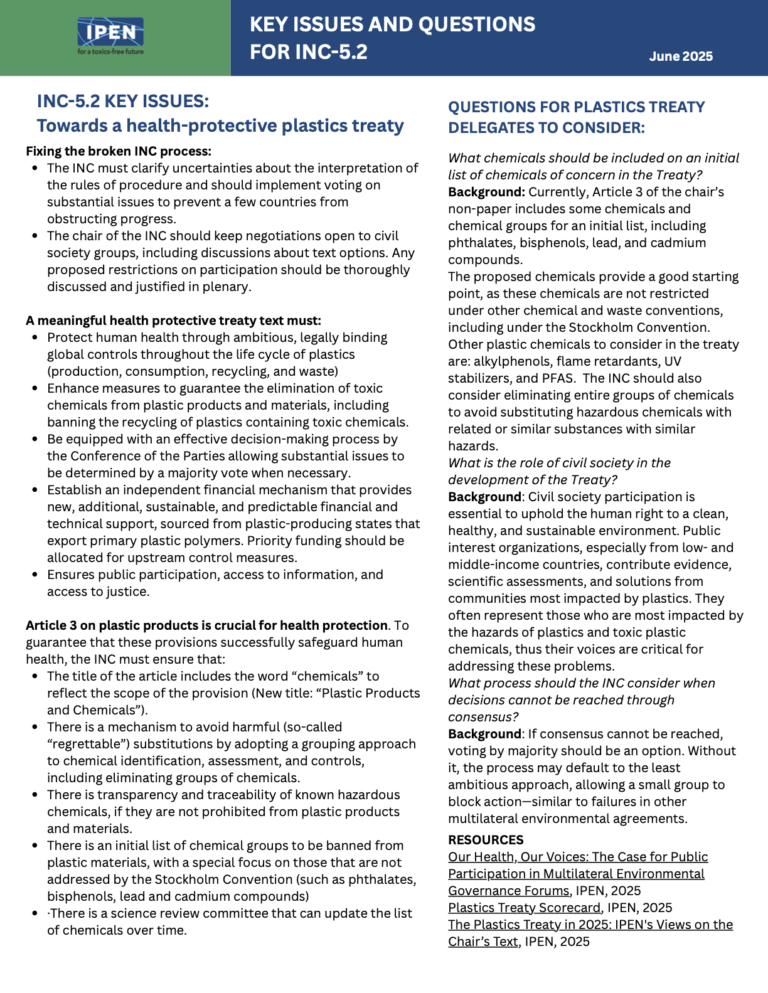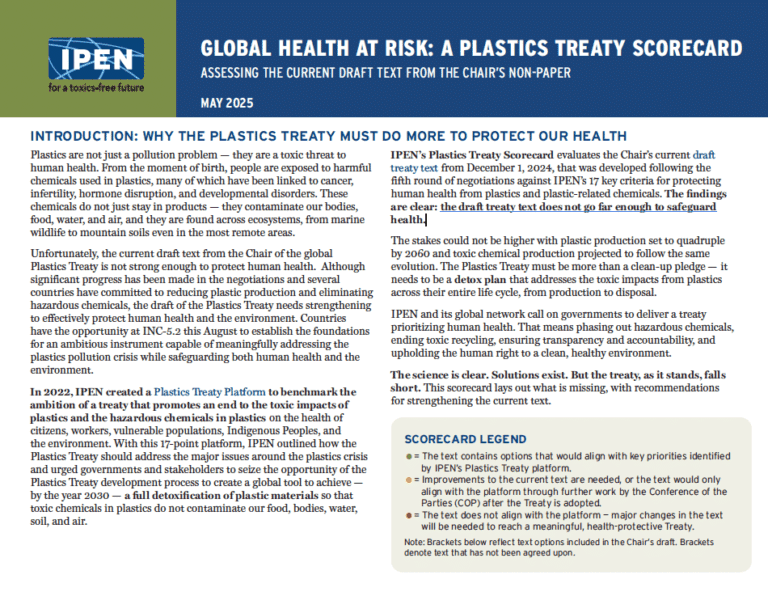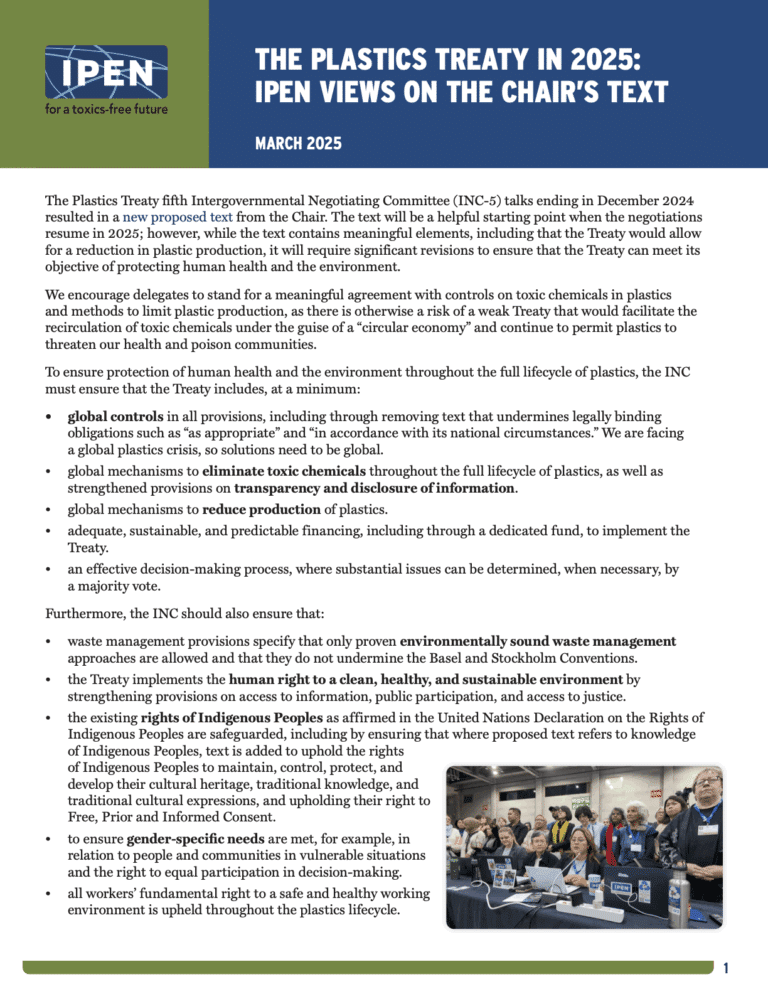An op-ed in the Daily Star by Dr. Shahriar Hossain,...Read More
Geneva, August 5 to 14, 2025
The second part of the fifth session of the Intergovernmental Negotiating Committee to develop an international legally binding instrument on plastic pollution, including in the marine environment (INC-5.2), took place from 5 to 15 August 2025 at the Palais des Nations in Geneva, Switzerland.
See IPEN’s statement released at the close of the negotiations here.
Plastics Treaty Resources
For each negotiating session, IPEN develops policy documents on the meeting agenda and emerging issues, as well as briefing papers, reports, and other materials.
Our Quick Views are available in several languages.
IPEN Press Briefing
Toxic Plastic Exposures to Plastic Treaty Delegates and Plastic Waste Workers
At INC-5.2, IPEN released two new studies showing toxic plastic exposures to high-ranking UN officials, delegates, and to plastic waste workers in Kenya and Thailand.
See the IPEN press briefing discussing the study findings and the need for a meaningful Treaty to protect human health and the environment. Also, click below to see Dr. Tracey Woodruff of the University of California discuss the plastics crisis on PBS Newshour.
Plastics Treaty Scorecard
IPEN’s Plastics Treaty Scorecard evaluates the Chair’s current draft treaty text from December 1, 2024, that was developed following the fifth round of negotiations against IPEN’s 17 key criteria for protecting human health from plastics and plastic-related chemicals. The findings are clear: the draft treaty text does not go far enough to safeguard health.
IPEN's Global Actions to End Toxic Plastics
IPEN in INC-5.2 news
IPEN International Coordinator Bjorn Beeler spoke with Bay Area public...Read More
An article in Kompas notes that negotiations at the United...Read More
In the New York Times, a story notes that negotiations...Read More
In Grist, a story notes that diplomats from around the...Read More
A story in Inside Climate News notes that so much...Read More
A story in Chemical & Engineering News notes that after...Read More
A story in Mongabay notes that representatives from 184 countries...Read More
See IPEN Executive Director speaking with CBS News about the...Read More
A CBC News story notes that what was supposed to...Read More
A Reuters story notes that the collapse on Friday of...Read More
The Associated Press reports that talks on a treaty to...Read More
In the Kenya Daily Nation, a story notes that a...Read More
Geneva-The Plastics Treaty INC-5.2 negotiations closed today without an agreement,...Read More
In the early morning hours of August 15, the INC...Read More
In this ABC Australia radio piece, IPEN Executive Director Bjorn...Read More
A television report in Czechia featured IPEN Steering Committee member...Read More
In Agence France Presse/France24, a story notes that today, in...Read More
In Asia News Network, a story notes that environmentalists have...Read More
In Grist, a story notes that plastics don’t just pose...Read More
The Independent reports that talks on the world’s first legally...Read More
The Associated Press reports that nations are crafting the first...Read More
In Agence France Press/France24, a story finds that a new...Read More
Today, the INC Chair released a draft Chair’s text for...Read More
Data finds high-ranking UN officials, delegates and plastic waste workers...Read More
In The Guardian, a story notes that millions of the...Read More
In the Daily Nation, a story notes that the first...Read More
According to EnviroNews Nigeria, midway through the Plastics Treaty negotiations...Read More
A report in the New Indian Express notes that a...Read More
As reported by Agence France Presse (via France24), the negotiations,...Read More
Geneva, Switzerland – Midway through the Plastics Treaty negotiations scheduled...Read More
A story in The Independent notes that at least 234...Read More
Agence France Presse reports that the coming 10 days of...Read More
The Associated Press reports that nations kicked off a meeting...Read More
Grist reports that negotiators from more than 170 countries are...Read More
in the News
Plastic and Health
Dr. Tracey Woodruff of the University of California San Francisco is a co-author of a recent paper in The Lancet describing plastic as “a grave, growing, and under-recognised danger to human and planetary health.” See the video (left) of her interview with the PBS News Hour. Professor Woodruff is also co-author, with IPEN’s Bjorn Beeler, of a recent editorial in the Bulletin of the World Health Organization arguing for a meaningful Plastics Treaty to protect human health.
Our Health, Our Voices: The Case for Public Participation in Multilateral Environmental Governance Forums
In recent years, the participation of civil society in international decision-making has been constrained, raising concerns about inclusivity and transparency. Despite being key stakeholders, civil society organizations (CSOs), Indigenous Peoples, and representatives from affected communities have been sidelined in forums that shape critical policies. This IPEN briefing describes why public participation in decisions that affect human health and the environment is essential in a democracy and is crucial to ensure individuals’ right to engage in decision-making processes that impact their lives.
The Plastic Industry's Muddled Math
Increasing plastic recycling has been presented as a solution to the plastic crisis, but the projected recycling numbers are often based on false assumptions and misleading statistics. These are often intentionally presented to oversell the capacity and promise of plastic recycling.
In this research brief, we summarize the science on the limitations of plastic recycling and the skewed statistics that are often used to oversell its potential.

A Small Slice of the Toxic Pie
Plastics are chemicals, and of the over 16,000 chemicals linked to plastics, less than 1% are regulated worldwide throughout their full life cycles. Yet, the non-paper containing compromise text suggestions, proposed by the Chair of the negotiation process, suggests that plastic chemicals could effectively be regulated as “chemicals in plastic products” even though toxic plastic chemicals can be released during production, use, and disposal, not only during the product stage.
This brief explains why narrowly focusing on the plastic product stage would fail to address the broader environmental and health impacts associated with plastics throughout their entire life cycle.
The Endocrine Society and IPEN provide a comprehensive update on the science of endocrine disrupting chemicals (EDCs), which may be particularly harmful during the fetal and infant stages. The report examines bisphenols and phthalates, two toxic chemical groups found in many plastics, and includes a special feature highlighting EDC exposures throughout the plastic life cycle.
Children's Health Threats from Plastic Chemicals
Project TENDR, an alliance of 50+ leading scientists, health professionals, and advocates, share a briefing for delegates outlining how common exposures to plastic and its toxic chemicals are harming children’s brain development. They summarize the scientific evidence and offer policy recommendations to strengthen the Plastics Treaty to protect children’s health.
Troubling Toxics: Eliminating Harmful Plastic Chemicals Through the Plastics Treaty
The IPEN briefing Troubling Toxics discusses approaches in the Plastics Treaty to establish criteria for a negative list of toxic chemicals associated with the production, use, and disposal of plastics. IPEN calls for a strategy that combines a negative list of toxic chemicals to eliminate from plastics with an approach that prohibits marketing chemicals when there is no available toxicity data.
